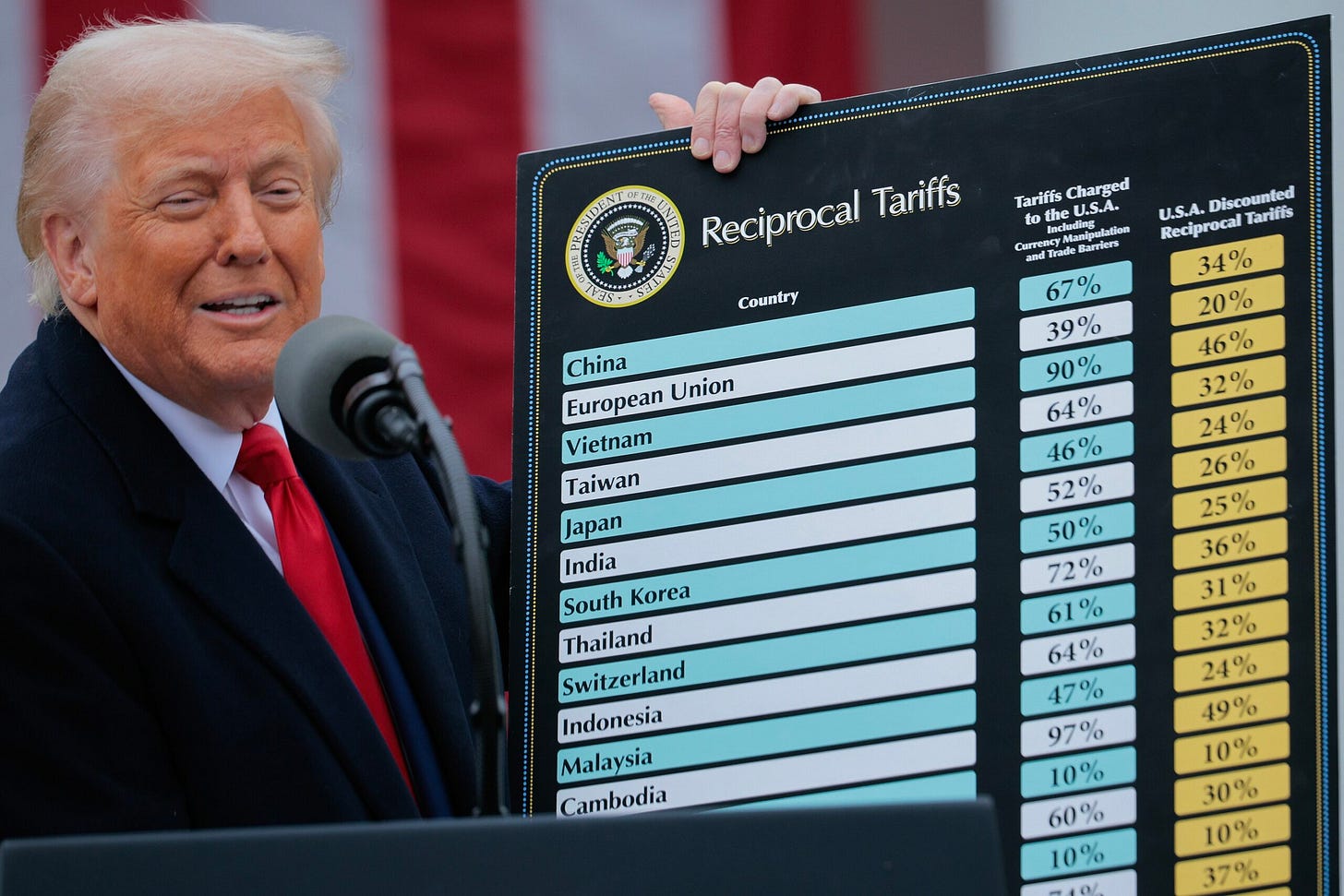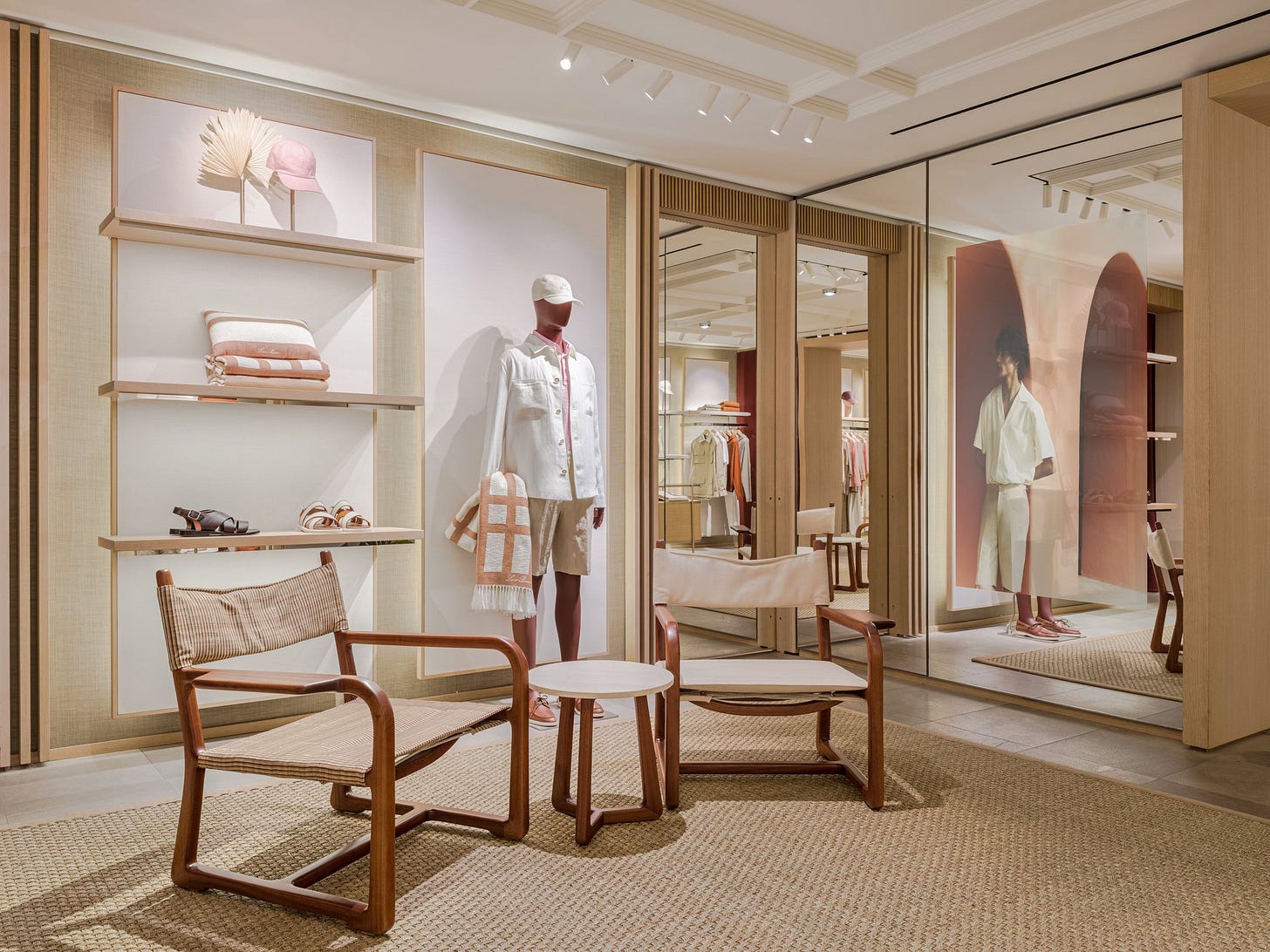I remember my first ‘age of insecurity’.
December 1998. American and British forces launched missiles at Iraqi targets. Bill Clinton and Tony Blair warned of weapons of mass destruction. Newspaper front pages agitated at the threat of retaliatory scud missile strikes.
My school friends and I huddled, our hands knotted in the polyester pockets of our school trousers, puffing the cold air and regurgitated talking points our parents and the morning radio blitz had armed us with.
Bellicose. Terrified. And fucking freezing.
Operation Desert Fox gave way to Operation Enduring Freedom post-9/11. NATO triggered article 5 and the world went to war.
Afghanistan. The Taliban. Al-Qaeda. Osama Bin Laden. The Axis of Evil.
Words that pounded you from every news channel and yet were only heard in hush tones in polite society.
Conflict and terrorism continued, but the West’s attention migrated elsewhere.
Economic collapse in 2008. The Arab Spring in 2011.
Brexit, Trump, George Floyd, the Pandemic.
Industrialised bloodshed in Ukraine, Israel and Palestine have jolted our collective consciousness. The dial of insecurity ricocheting from moral panic to mortal dread.
Trump’s tariffs may ease. His decibel level may drop, and his ideologies recede, but the reverberations from the last week will endure far beyond his term.
We’re entering a new age.
A return to multipolarity, to regionalism. A world that is edging further apart rather than ever closer. A land of empires, favouring control over collaboration.
Another age of insecurity.
Our survival is predicated on our ability to anticipate danger.
We’re wired with fight or flight responses (that’s ‘buy’ or ‘sell’ if you’re in the markets right now) and hypersensitive reactions to scents and sense.
But our contentment is predicated on our ability to feel in control, to feel secure.
Why do we suddenly feel better when we walk through the front door after a long day?
Why did all the Michelin star restaurants serve chicken and burgers and lasagna during COVID? Why do I keep rewatching the American Office late at night?
Comfort, nostalgia and control. Security, three ways.
We lay awake at night, restlessly scenario planning, absorbing and redistributing insecurity.
Rent. Dating. Work.
Burnout. Loneliness. Identity.
Money. Money. Money.
Our contentment is predicated on our ability to feel in control, to feel secure.
I’ve never met the man that gave my family our surname.
My mother married her first husband, her first love, as a teenager. They emigrated from Italy to Germany, from Germany to the UK.
The union didn’t endure. He was last seen running a missionary in Venezuela (If you want the film rights to my mother’s life, please get in touch).
But once my father cut ties, there was more solace in her past than her present; her first husband’s name over her next.
So, midway through my primary school years, I became a Sandrini. My first rebrand.
My mother’s first husband’s brother (bear with me) is a man called Furio.
An architect and an author. A philosopher and an artist. He started an eponymous fashion brand, refused to sell his pop-up housing designs to the military, lived a polyamorous lifestyle and – for reasons I’ve yet to unearth – rechristened his partners with names of his choosing.
I remember – as if a moment stuck in time, clinging to the purity of the past – a conversation we shared when I was a child.
Sunlight beaming through the blinds, the ambient street-level noise infiltrating the second-floor apartment.
“There will always be more to find out than you will learn.” He offered.
“To feel in control is to feel flexible.”
He knelt to my level. He bought me ice cream. He would sing and dance and entertain. But he never spoke to me as a child.
This phrase was more concisely articulated (English was not the man’s first language) by Paul Saffo: ‘Strong convictions, weakly held’. And its shadow has informed my actions for much of my life.
I have not avoided confusion nor insecurity – far from it – but those words provided calm and command. As though the bedlam was happening around me, not to me. And that it would inevitably cease.
We all want to be recognised.
To be feted and lauded for who we are and what we did. Our achievements. Our efforts.
Marketing is founded on this desire. Assigning emotional codes to functional products (i.e. a brand) that make us associate them with aspiration; with who we want to be.
When we first achieve something – anything – we want to shout about it. We’re loud. We’re overjoyed and overconfident.
Our first kiss. Our first job. Our first apartment.
Moments of triumph. Of dreams fulfilled. Of challenges overcome.
Naturally, these moments occur primarily in our youth. When our self-worth is at its lowest, our embarrassment at our highest and our hormones at their most chaotic.
The delta between childhood and adulthood is so great (see above, hormones), and our anxieties so deep and true, we need to mask how we feel. To announce our emancipation as loudly and publicly as possible, to escape our reality.
So, we can all be forgiven for rashly purchasing obnoxious tat, acquired in the fleeting hope of feeling a moment’s contentment.
For context, peek at a few photos of yourself at 18.
For the sake of sanity, look away quickly.
Midway through my primary school years, I became a Sandrini. My first rebrand.
At first, we need to be seen, to be heard.
I vividly recall wearing luridly coloured outfits (this was the era of lava lamps, so I fit in). My hair, heavily gelled, often spiky; an antenna for attention.
I’d be loud when everyone was quiet and create havoc where none was warranted.
I called it boredom. Wiser heads would have called it deep, desperate insecurity.
Over time, our determination to differentiate from our younger selves is replaced by a desire to distinguish from our peers.
We need to be appreciated, to be understood.
We develop a favourite Tequila brand. We own a couple of pairs of Ray-Bans. We invest in some proper luggage.
We might stretch to an item from Cartier, Chanel or Le Creuset. All readily available. But all gated by price and knowledge.
The status ladder has another rung, another realm.
A land of quiet luxury; understated, handcrafted, and only available in neutral colours.
AP on the wrist. Maison Francis behind the ear. A Birkin under the arm. Yamazaki 18 in the hip flask - Some of us have just arrived; others have been here for a while.
We de-brand. The evidence of means and mastery only visible by the cognoscenti. A counter signal that presents excess as a virtue.
Adulthood is the slow art of becoming your own person.
Separating from the soft, sheltered innocence of youth and adapting to a hard, competitive world. We lose a sense of who we are as we enter - so dramatic the difference, so far the distance - only to retrieve it years later.
The time in between represents an ‘age of insecurity’ for us all. A procession through changes in identity, aspirations, challenges and remedies. A journey through status.
One day, far from home, we stop fighting it.
James Sandrini is a Strategist, Advisor + Investor in the experience economy and the services + technologies supporting it.




Brought a tear to my eye 🥲